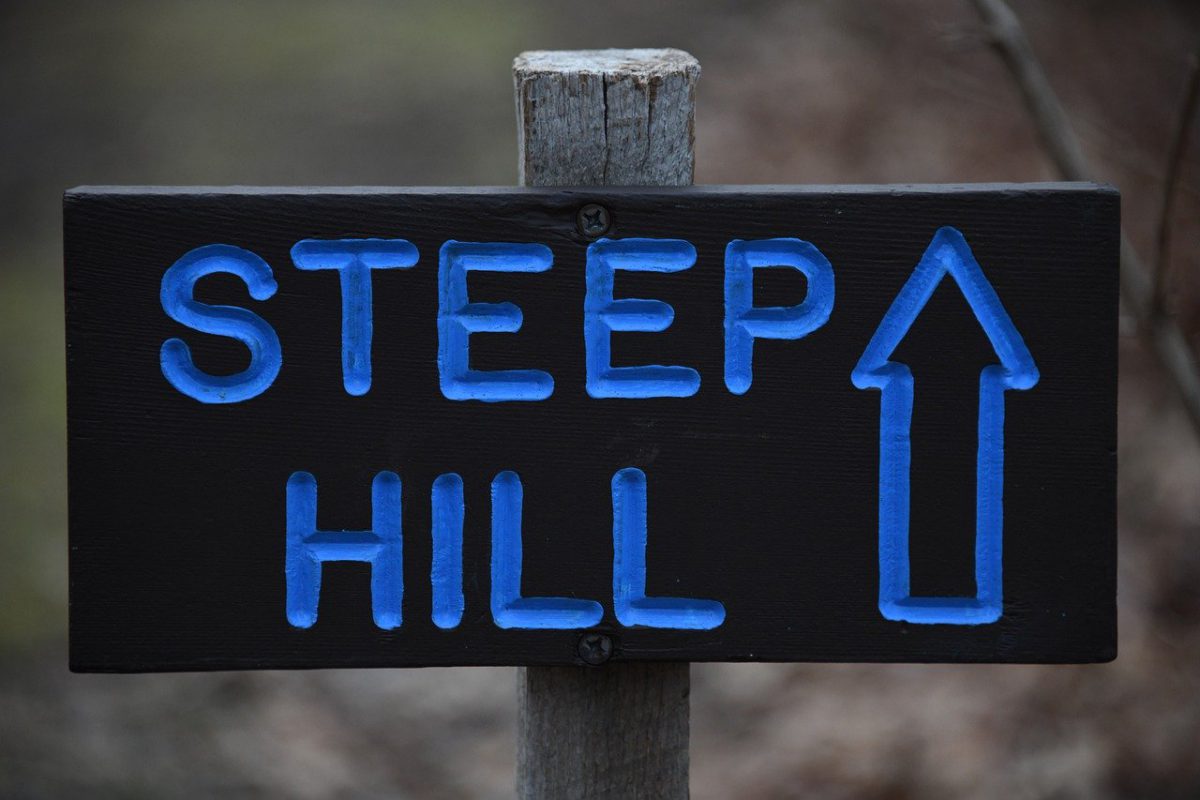In this fourth module, we have explored various frameworks in learning design. A helpful way to think about it is like scaffolding. It’s there to support and facilitate the students learning. The more experiences the students are the less scaffolding is needed.
The suggested topic of this blog post was to reflect on my current practice and possibilities for the development of online and blended learning designs.
My teaching practice
Thinking of my practice, I remember an article I read some time ago about the typical development stages of a teacher in higher education. Unfortunately, I can’t recall where I read it or who wrote it. It was partly anecdotal and based on informal observations. You start at the first stage, where the focus I mostly on yourself as a teacher. Once you feel reasonably comfortable with that position, the focus shifts to the subject and the content you teach. In the third step, the focus is on the students learning. You move from your teaching to your students learning. The following steps are about supporting students to use their knowledge so they can finally manage their learning process independently.
I’m just coming to the end of my third year teaching undergraduate engineering programs. With almost thirty years of experience from various positions in the corporate world, working as an engineer, I was pretty comfortable standing in front of a group. Many years of leadership training and coaching skills are made to good use. I’ve definitely spent time focusing on my subject. The many interesting questions the student asks make me dig deeper to better understand my topic. I have also noticed that it has made me try to pack more content into my courses, and I’m now sure that is not helping my students learn more.
Improving course design
That brings me to where I’m now, ready to go all in to facilitate my students’ learning. It’s the reason why I decided to take this course in Collaborative Learning in Digital Learning Environments. Also, this last year working from home has been a period of exploring and testing. I’ve used several digital tools for collaboration, introduced computer-based simulations in a course and tested quite a few technical gadgets. And although it’s been exciting I now feel the need to, for the next few months, focus on the design of my courses.
THIS course
I knew this was not the best period time to take this course due to my workload but I’m glad I did. I found lots of new input and inspiration. But I have felt overwhelmed and I need a lot more time to digest the content. I wish I had a colleague or two that also took the course, to discuss the content. Even with the pandemic, hopefully coming to some kind of end, I’m convinced that online collaborative learning will be a part of most courses.
And I have signed up for another course. This time it’s an open course in “Digital literacies for online learning”. That and all the material and readings I want to go through will be my summer project. Maybe I’ll join some of the new workshops arranged by my university on creating creative and flexible learning environments – both in a physical and digital environment.



